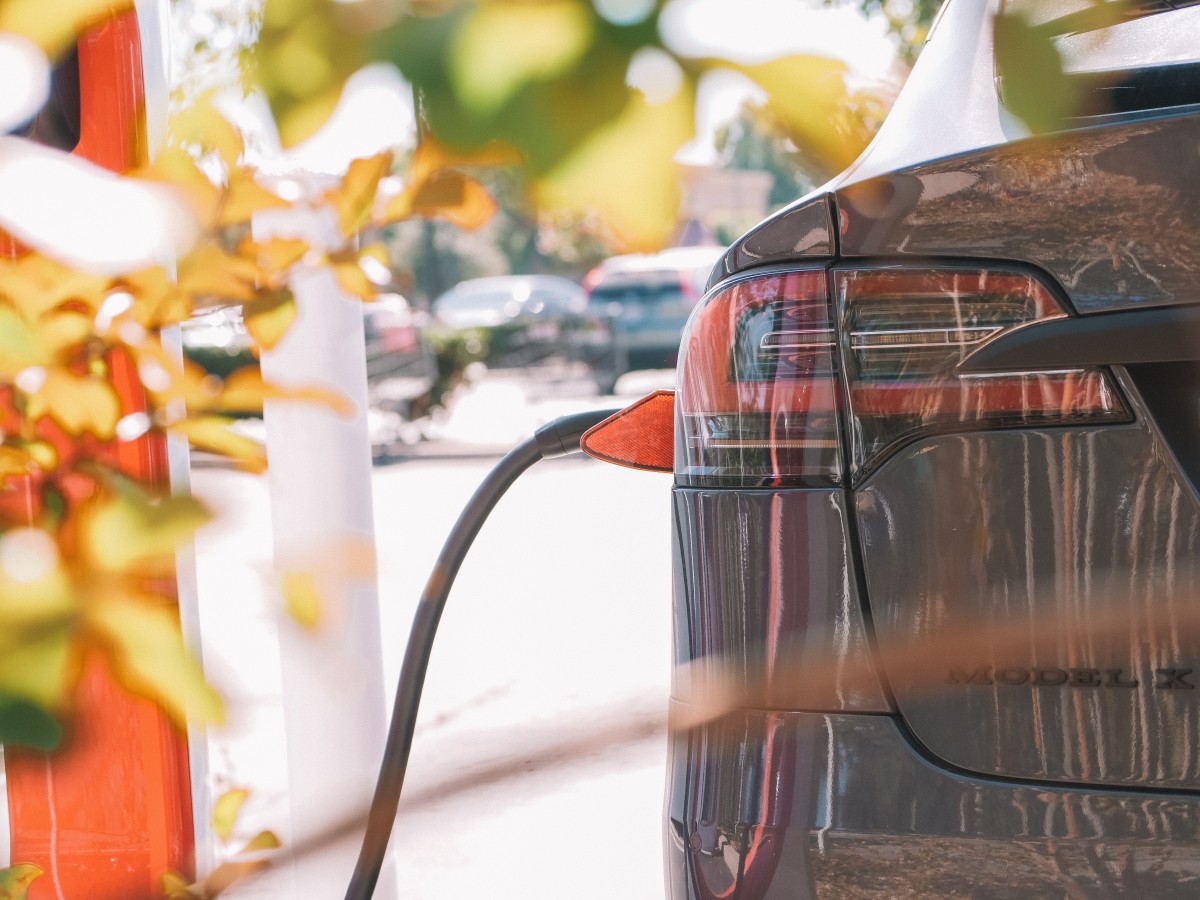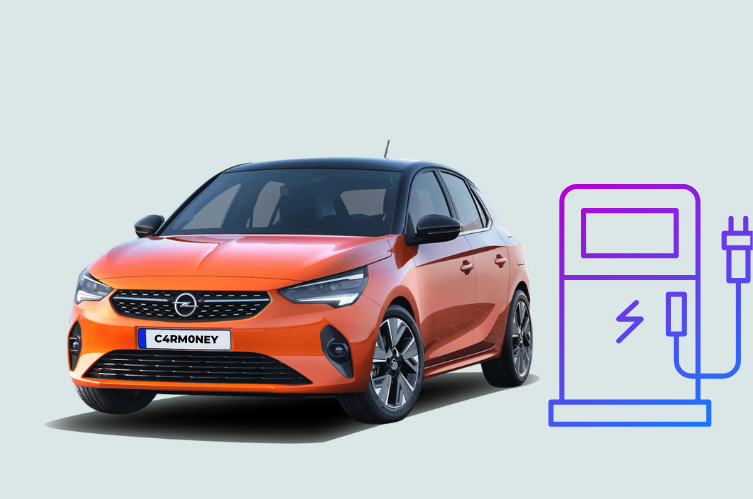You hear a lot about electric cars these days with so many manufacturers swearing off fossil fuels and devoting their development and funds into an electrified future. But there are also many myths and misconceptions swirling around about EVs. Cut through the noise and get to the truth with CarMoney!
The EVs we see on our roads today are far more advanced than those we saw entering the market five to ten years ago. Nevertheless, making the change to an electrically powered car is a big change, there is no doubt about that. Plus, everyone will likely have their own opinion on it. You should make sure to do your homework before rushing into buying an electric car, as you should with any car. Think about what it is you are needing from this vehicle and what other costs you need to consider, such as installing a home charger.
If you are thinking of making the switch, you may have been put off by some of these common misconceptions and outdated excuses for not buying electric. We are here to put these straight!
Myth #1: Electric cars don’t have enough range
This is probably the most common one and many people use this as a basis to write off any chance of switching. Now, range anxiety was a real issue for EVs when they first began hitting the market some years ago. These days though, battery range is not a problem, with most EVs having between 150-350 miles of driving range.
Most Brits will not be driving more than 150 miles regularly. This should be more than enough miles for your day-to-day driving. The likelihood is that if you bought an EV, you would have had a charger installed in your home, meaning you can charge the car overnight, so you always have a full battery pack!
And just in case you still weren’t convinced, the UK has more rapid charges per 100 miles of main road than any other European country with a total of 4,500+ rapid chargers!
Myth #2: Installing a home charger is too expensive

It may seem expensive, but the truth is that many companies such as Octopus Energy Vehicles provide a bundled package that includes the cost of a new charger with a new EV. Furthermore, energy suppliers such as Jersey Electricity include the price of an Ohme Home Pro charger as a package within some of its monthly electricity plans.
Myth #3: EV batteries are unsustainable

There are a lot of debates currently ongoing about the raw materials used in the batteries and how we dispose of them when they reach the end of their lifecycle. Many believe that the batteries will just end up in a landfill, but there are strict laws banning this practice. Better still, EV batteries have uses even after they have come to the end of their life as a power source for cars.
Many companies break them down and use them as renewable energy storage. Battery providers are also obliged to take the batteries back free of charge and ensure they are disposed of properly.
Myth #4: It takes too long to charge an EV
Yes, when you compare the fuelling time of an EV vs an ICE (internal combustion engine), the fossil fuels win by a good margin, as they can be filled in a matter of minutes. But with a few small steps, you can plan around this and make it work for you:
- Charge your car overnight when the demand is lower, meaning you always have a full battery when you go, plus tariffs are lower at night!
- A 20-minute charge with most newer EVs should get you at least 100 miles.
- Charging speeds have increased by a factor of 5 in the last few years!
Myth #5: Smart charging is unnecessary

If you charge your EV at home, you’ll almost always get a cheaper rate than at a public point. But if you really want to maximise those savings, make sure you are on a special EV tariff such as Octopus Go or Octopus Intelligent. These EV-specific tariffs will enable you to get the cheapest possible rates by charging your electric vehicle overnight and reducing your running costs considerably.
If you consider passing to an electric vehicle using car finance services, our ninjas can help. Get a quote!
